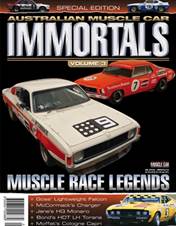There’s bad news for fans of the petrol-powered Australian Muscle Cars - the future of the automobile is electric.
The majority of big car markers have committed to making a switch to at least partial electrification by the end of the decade - even brand’s synonymous with petrol performance like Chevrolet, Ford and even Ferrari. Dodge has even confirmed its next muscle car will swap its Hellcat supercharged V8 for electric motors.
While there are more and more companies popping up doing electric conversions for classic cars - including General Motors and Ford, which we’ve written about previously - for some true petrolheads that’s not an option.
Government regulations around the world are pushing car markers in the direction of so-called ‘zero emission’ vehicles, and that will eventually mean petrol-powered cars are phased out.
But there is hope for petrolheads.
Synthetic fuels, otherwise known as eFuels, are currently under development to create a carbon neutral alternative for petrol-engined machines - including the likes of your favourite muscle car. In theory this would be a liquid fuel alternative to petroleum and operate in any existing internal combustion engine, while producing no harmful emissions; just like an electric car.
The world’s leading eFuels project is being led by Porsche which sees carbon neutral fuel as possibly the last hope to save its iconic 911 from having to switch to an electric motor. So while the 911 is hardly a muscle car, it could be the catalyst for securing the future of so many V8 powered cars we know and love.
So what are eFuels?
Well, Porsche and its business partners, Siemens Energy, are keeping the precise details under wraps but have discussed the method in which synthetic fuels can be manufactured. The two companies, along with the Chilean government have built a special factory to begin producing eFuels.
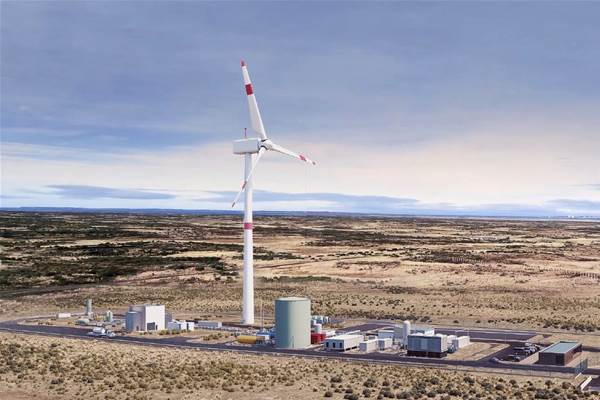
The new facility, known as the Haru Oni project, is currently under construction in Chile, which was selected because of its windy climate. The factory uses a wind farm to extract hydrogen from water, it then combines this hydrogen with carbon dioxide which has been captured from the atmosphere. Then the facility uses a proprietary technology to convert this combination into a variety of liquid fuels, including petrol and diesel replacements.
Real-world testing of eFuels has already begun, with the 2021 Porsche Supercup field of racing cars using the new carbon neutral fuel, and the German company claims to have tested it in road-going 911s too.
Critically, Porsche executives claim there are no modifications necessary to switch an existing internal combustion engine to use synthetic fuel. That means your Torana, Falcon, Charger or whatever you have in the garage could be safe in an increasingly electric future.
Expect mass-production of eFuels to begin in the second half of this decade, and while it will likely carry a premium over what we already pay at the bowser, it will mean that your muscle car can continue to be driven well into the future.
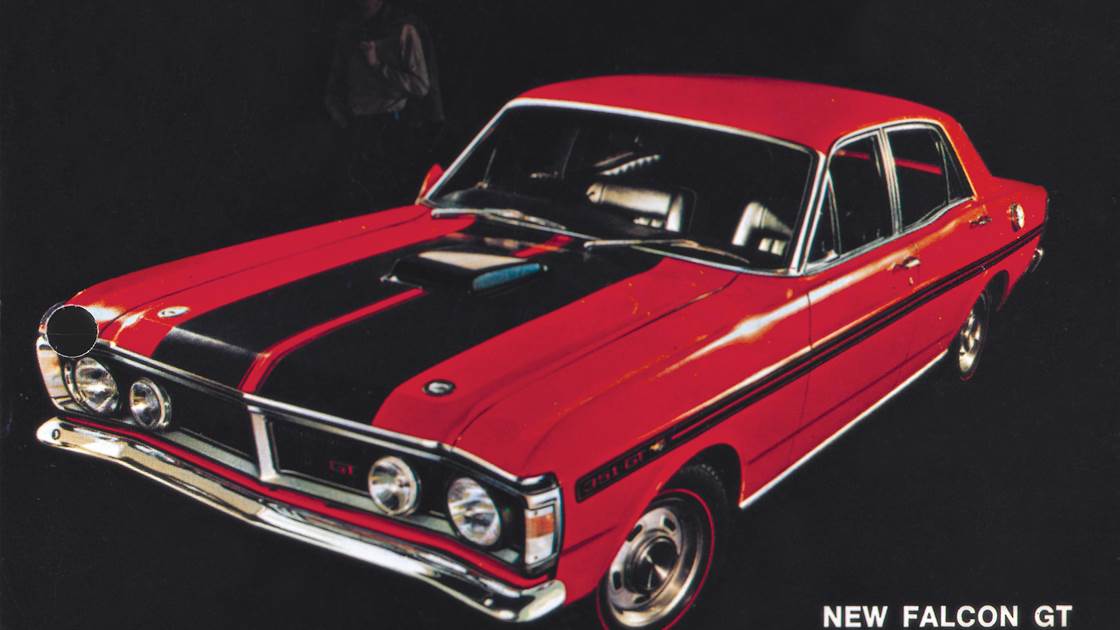




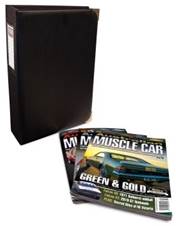



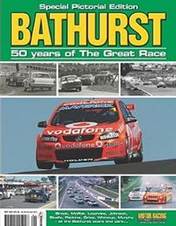
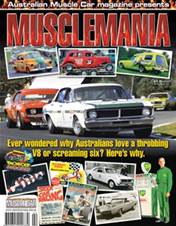
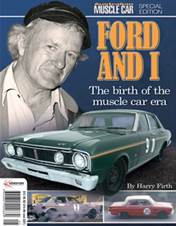
.jpg&q=70&h=226&w=176&c=1&s=1)





